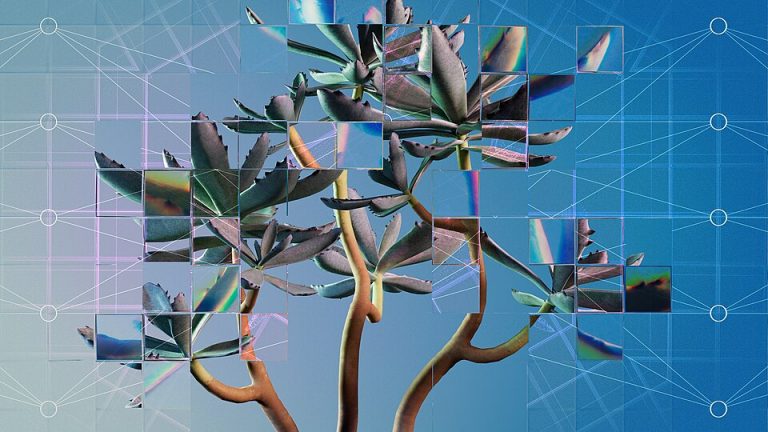
Digital sequence information (DSI)
When algorithms decide on the genetic modification of living organisms
For many years now, multinationals have been collecting an increasing amount of genetic, proteic sequences and epigenetic informations. They are reducing living organisms to data compiled in digital databases. Using “artificial intelligence” algorithms, they claim to have the tools to determine which genetic modifications will produce a given new characteristic. In a society where genetic modification techniques and patents are intimately linked, these algorithms will above all accelerate the claim to own living organisms.
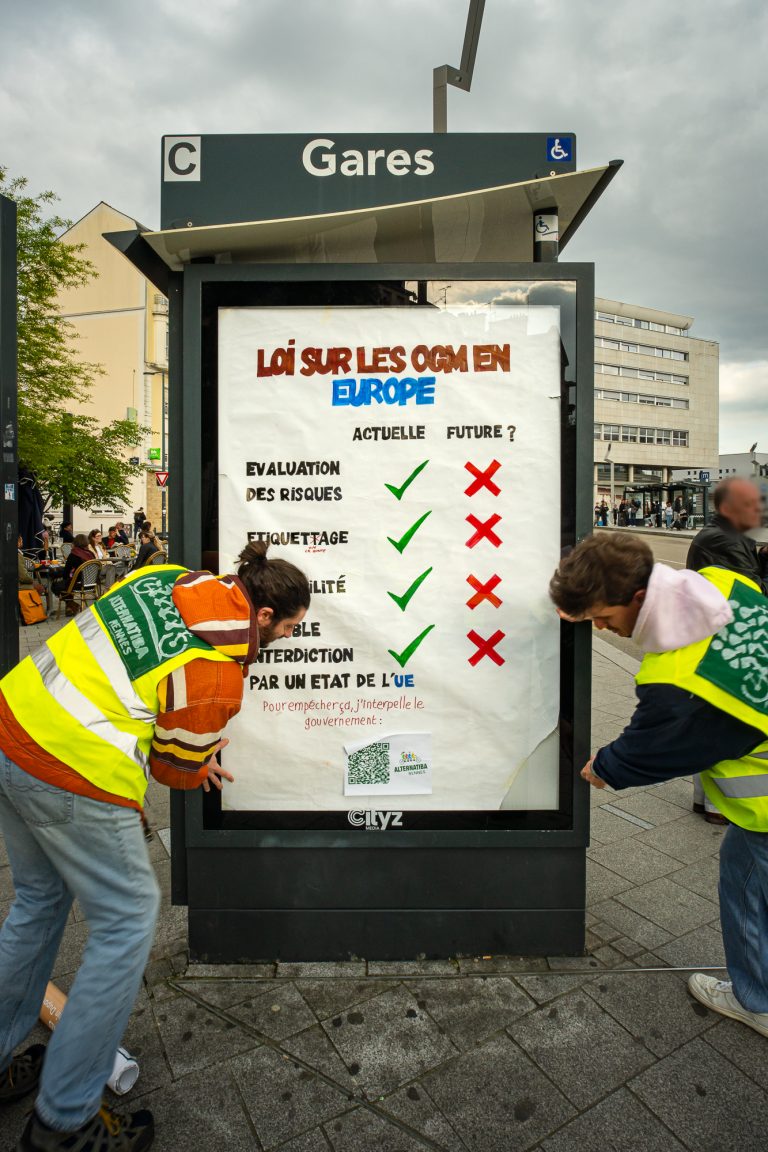
Mowing & more
French organisations concerned about GMO deregulation
As the trialogue on the proposed deregulation of GMOs got underway on 6 May between the European Commission, the European Parliament and the Council of Member States of the European Union, French organisations are once again warning of the potential “serious and irreversible consequences of this text”.
Alternatiba Rennes, one of the signatories of this letter, has also taken action in the public arena.
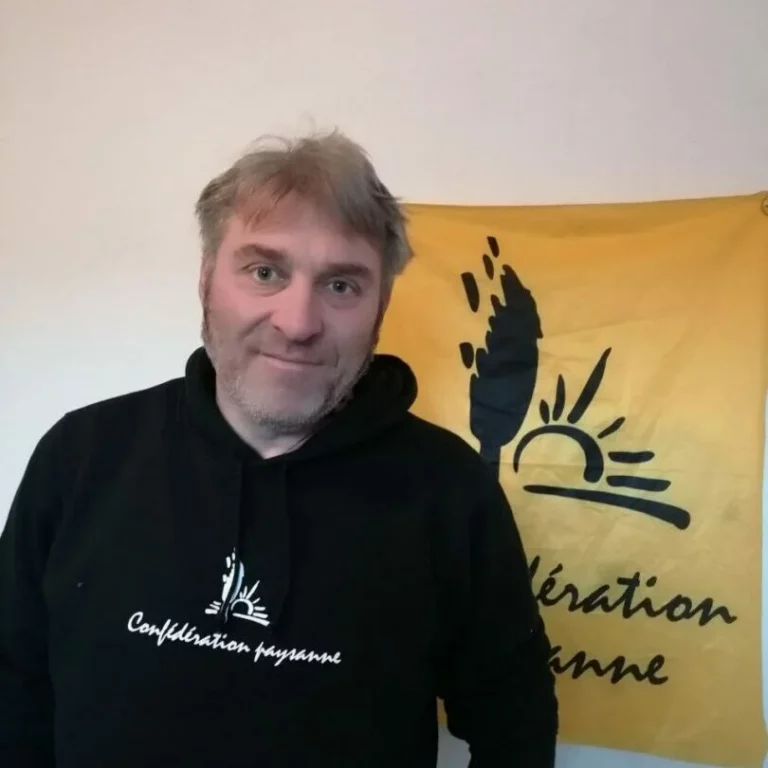
Organic & alternative agriculture
A farmer’s opinion on agritech
Inf’OGM interviewed Stéphane Galais, a farmer in Ille-et-Vilaine (Brittany, France) with a 25-hectare farm producing milk and cheese. He is also national secretary of the Confédération paysanne. In this interview, he explains and analyses what agritech means to him.

Field trial
Bioengineered poplars to save the climate?
A few months ago, Living Carbon, a US start-up, announced that it had developed and planted genetically modified poplar trees in 2023. These trees are said to absorb more quickly carbon dioxide, one of the greenhouse gases whose current accumulation in the atmosphere and oceans is causing problems for the Earth’s climate. As part of this program, Living Carbon is acquiring carbon credits to finance its work. The aim is to reduce the photorespiration of poplar and pine plants. What is photorespiration? What would be the ecological repercussions of this modification of photosynthesis?
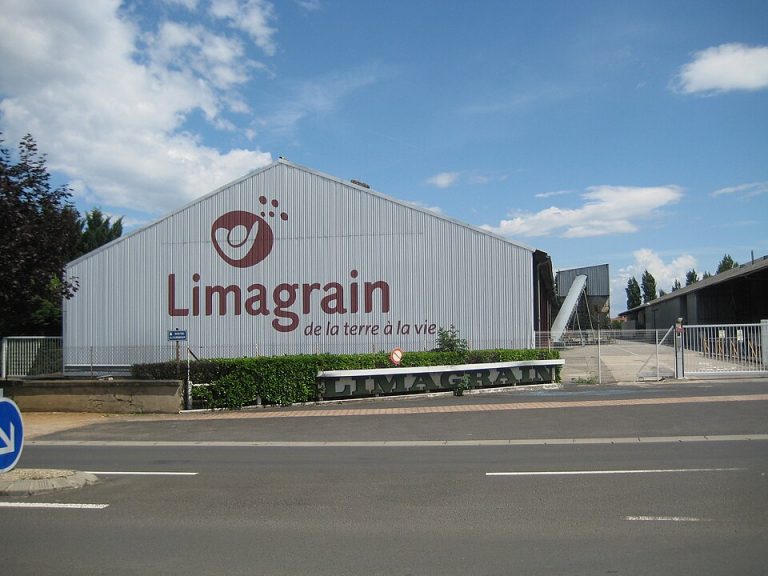
Lobby / conflict of interest
Limagrain, a “cooperative” that has always bet on GMOs
Behind its label as an agricultural cooperative from Auvergne (France), Limagrain is now a global player in GMOs. The Group has been promoting GMOs for many years. Last March, its CEO, Sébastien Chauffaut, was optimistic about the forthcoming deregulation of GMOs/NGTs, which he hopes to market from 2029. Here’s a look at Limagrain’s GMO strategy, combining state privilege and lobbying.

Innovation
“Biotech Act” 2025: high-tech against farmers?
In 2025, the European Union is expected to adopt a “biotech act” aimed, among other things, at modernising agriculture through new technologies. At the same time, public policies, in particular the Common Agricultural Policy (CAP), are guiding farmers towards ever more expensive and sophisticated mechanisation. As a result, a “high-tech” and soil-less agricultural model is taking shape in Europe, with the risk of increasing farmers’ indebtedness and marginalising small-scale farming.

Digital sequence information (DSI)
AI creates new legal challenges in the field of patentability
“Artificial intelligence” (AI) is used to extract and restructure information from raw or unstructured data. Companies are using it to identify phenotypic traits associated with genetic sequences. Referring to a recent patent application by the company Inari, the German NGO Testbiotech points out the risks associated with the combination of new genomic modification techniques (NGT) and AI. It condemns the possible abuses of patentability and the need for robust GMO regulations. However, Inari has already filed other similar applications, which raises questions about the legal impact of such rights and their adaptation to AI-driven technologies.
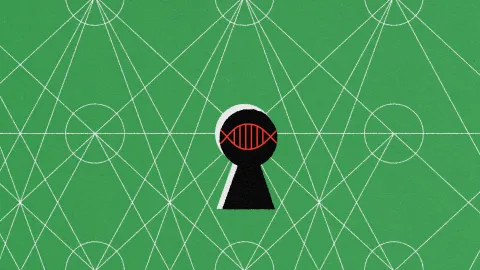
Digital sequence information (DSI)
“Artificial intelligence” to digitize genomes
The digitization of living organisms is the subject of a growing number of projects. Computer data, generated and stored in ever-larger “data centers”, are used by “artificial intelligence” matrices. These data are of all kinds: genetic sequences, proteins, etc. In these fields, which require increasing natural resources, investments are multiplying.
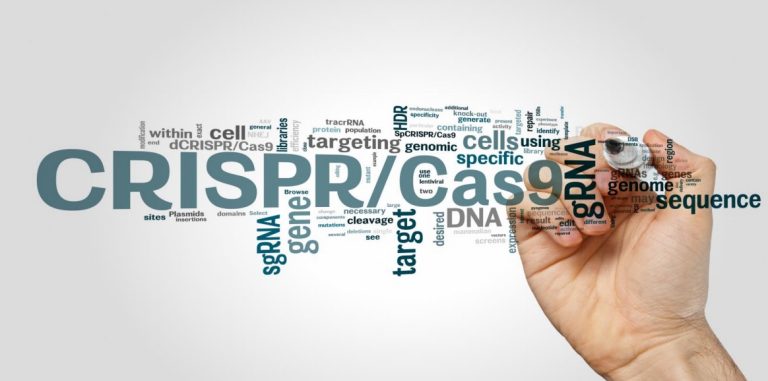
Generality
The European Union discusses its definition of a GMO
At the end of 2024, the Netherlands initiated a process of reflection on the meaning to be given to the legal definition of a GMO, discussing the definition word by word, expression by expression. A purely intellectual exercise? Far from it! The result of this work could change the way the definition of a GMO is read… without changing the definition itself. The expected outcome of these reflections is, of course, a lighter regulatory framework.

